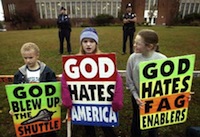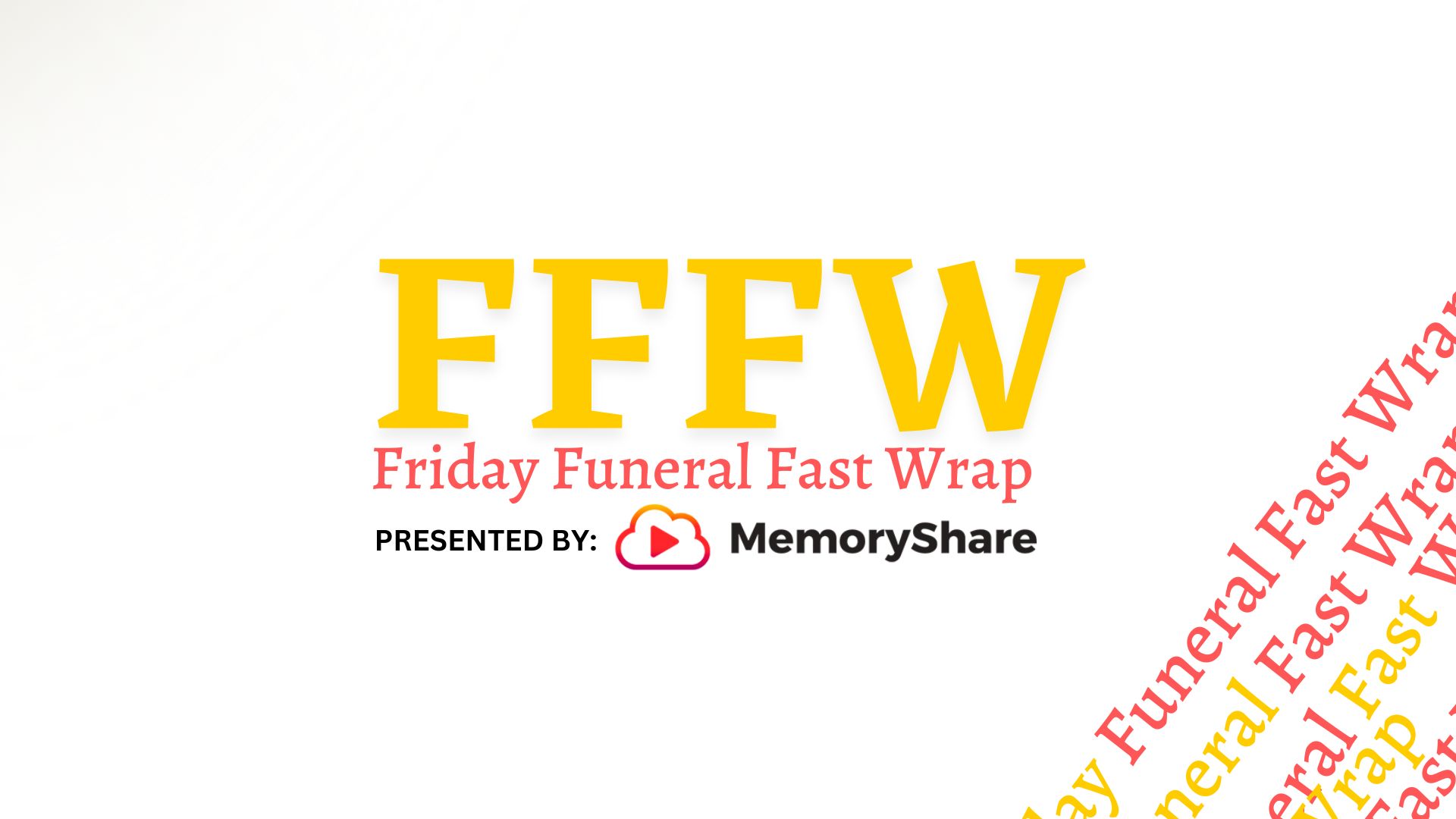Supreme Court Wades Into Funeral Protests
 WASHINGTON ? The Supreme Court agreed to decide whether the father of a fallen Marine can collect damages from a religious sect that picketed his son’s funeral with vulgar placards celebrating the death of American soldiers.
WASHINGTON ? The Supreme Court agreed to decide whether the father of a fallen Marine can collect damages from a religious sect that picketed his son’s funeral with vulgar placards celebrating the death of American soldiers.
The court also accepted two other cases on Monday, one testing whether vaccine makers are immune from lawsuits under state law and another that challenges government background checks on federal contractors as an invasion of privacy. The cases are likely to be heard in the fall.
The funeral case, Snyder v. Phelps, tests the limits of First Amendment protection for demonstrators who aim obnoxious and hurtful speech at the most sympathetic of victims. It centers on the Westboro Baptist Church of Topeka, Kan., founded in 1955. Most of the church’s 70-odd members are children, grandchildren or in-laws of its founder and sole pastor, Fred W. Phelps Sr., according to a lower court opinion.
The Westboro Church searches the Internet for notices of military funerals it can picket to get attention for its message of hostility to homosexuality and the Roman Catholic Church, and its claim that battlefield casualties represent divine retribution for what it views as America’s sins.
In March 2006, Mr. Phelps and several of his relatives selected the funeral of Lance Cpl. Matthew Snyder, who was killed in Iraq, at St. John’s Catholic Church in Westminster, Md.
The Westboro group, bearing such signs as “Thank God for Dead Soldiers” and “God Hates You,” along with more vulgar messages, complied with local ordinances. It wasn’t until Cpl. Snyder’s father, Albert Snyder, saw television coverage of the protest that he learned of it. Mr. Snyder later discovered a screed on the church’s Web site attacking him for raising his son a Catholic and supporting his service in the armed forces.
Mr. Snyder sued for intentional infliction of emotional distress, and ultimately was awarded $5 million in damages. In September, however, the Fourth U.S. Circuit Court of Appeals threw out the judgment.
The Richmond, Va., court acknowledged that the Phelpses’ speech was “highly offensive” and “repugnant.” But it found that it was “intended to spark debate about issues” that concerned the Westboro group.
While government may adopt regulations to protect the sanctity of solemn occasions such as funerals, “some ‘breathing space’ for contentious speech is essential” under the First Amendment’s Free Speech Clause, the appeals court held. The Supreme Court will consider how much breathing space the Constitution requires.
Separately, the court will weigh whether a federal law on vaccine injuries shields vaccine makers from certain types of product-liability lawsuits.
The case, Bruesewitz v. Wyeth, involves a lawsuit in Pennsylvania state court in which parents alleged that their 6-month-old daughter developed residual seizure disorder after receiving a diphtheria, tetanus and pertussis vaccine manufactured by Wyeth, now a unit of Pfizer Inc. Wyeth denies that its vaccine caused the injuries.
The case is the latest in which the Supreme Court will decide whether federal laws pre-empt state regulation on medical matters.
The justices have found that a federal law pre-empts suits against medical-device manufacturers filed under state liability statutes, but different language applying to drugs permits similar claims against pharmaceutical companies.
Source: WSJ Online



